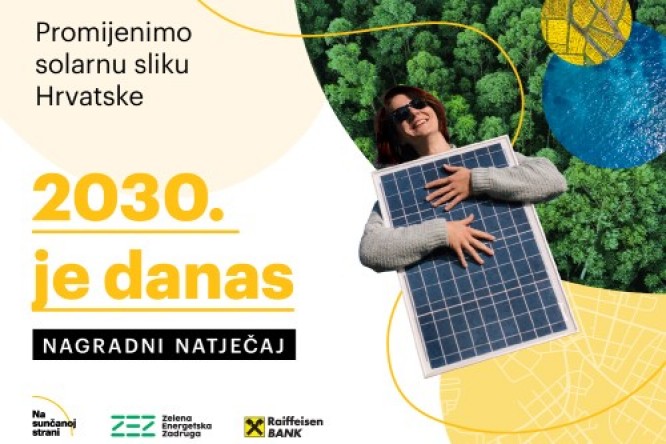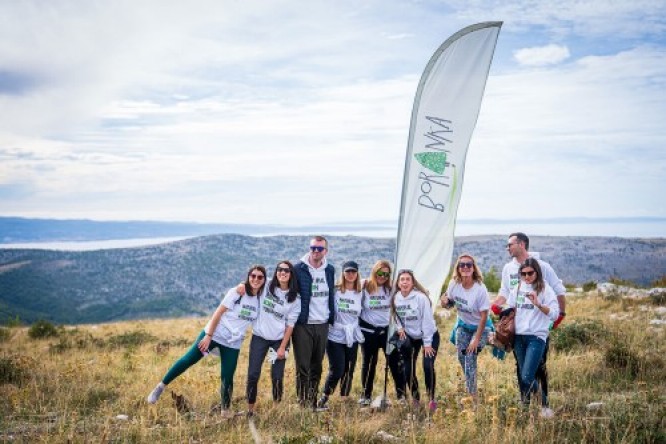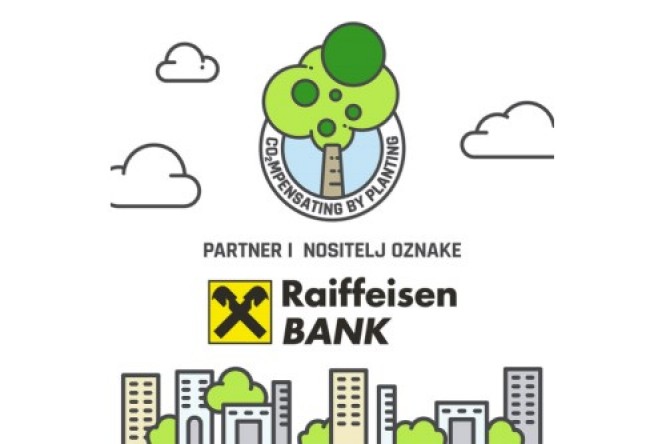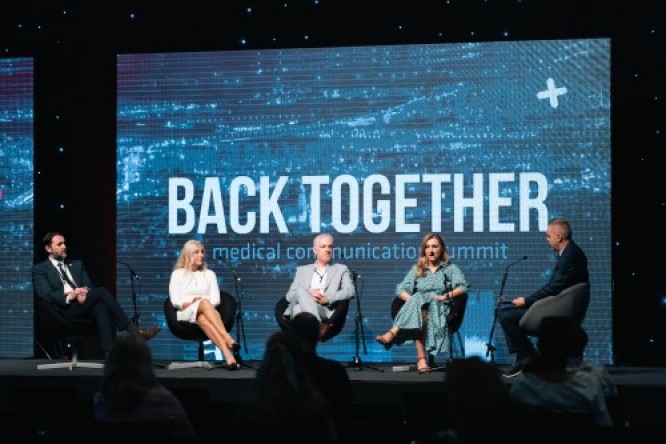
Social responsibility
Within the scope of our donations and sponsorship activities, we strive to make a positive impact on society and the communities in which we are active. In the strategy related to sponsorships, RBA places special emphasis on projects of sustainable development, entrepreneurship, digital economy and digital progress.
Sponsorship of high-quality projects and events in the mentioned categories ensures positive effects on the reputation of Raiffeisenbank, and on the other hand, with our sponsorships, we popularize entrepreneurs as drivers of the economy, raising awareness of the importance of sustainable development at the individual and organizational level, thus contributing also to the development of society.
As a committed partner to the community, we have initiated, implemented and supported numerous programs, initiatives and projects in cooperation with our partners. At the end of each year, the Bank evaluates all sponsorship projects in accordance with the reports received regarding the implemented projects and, based on the achieved results, it decides on continuation of cooperation in the following year. For every project, it is extremely important to us that it has fulfilled its purpose and that it has had a positive impact on the stakeholders.
Sponsorships
Volunteering
During 2023, RBA officially introduced corporate volunteering. Corporate volunteering is a form of socially responsible business and implies the employer’s encouragement of employees to volunteer that helps the non-profit sector and contributes to the development of the community. As such, it can take place within or outside the working hours.
The main benefits of corporate volunteering for the Bank, employees and the wider community are:
- strengthening the team spirit within the bank and developing interpersonal relationships,.
- enhancing the bank's image and the community's trust in it,
- improving communication skills and empathy and enhancing inner satisfaction and motivation,
- developing solidarity, humanity and sensitivity to the needs of others,
- active and responsible citizenship and increased participation in social events.
The Bank supports corporate volunteering of employees through the possibility of involvement in one-time volunteer team actions that are organized by the Bank and invites employees to join as volunteers (e.g. Boranka) and through the possibility of individual volunteering according to an employee's choice and affinities.
Employees are allowed up to three (3) days of paid leave per year so that they can commit to the corporate volunteering program.
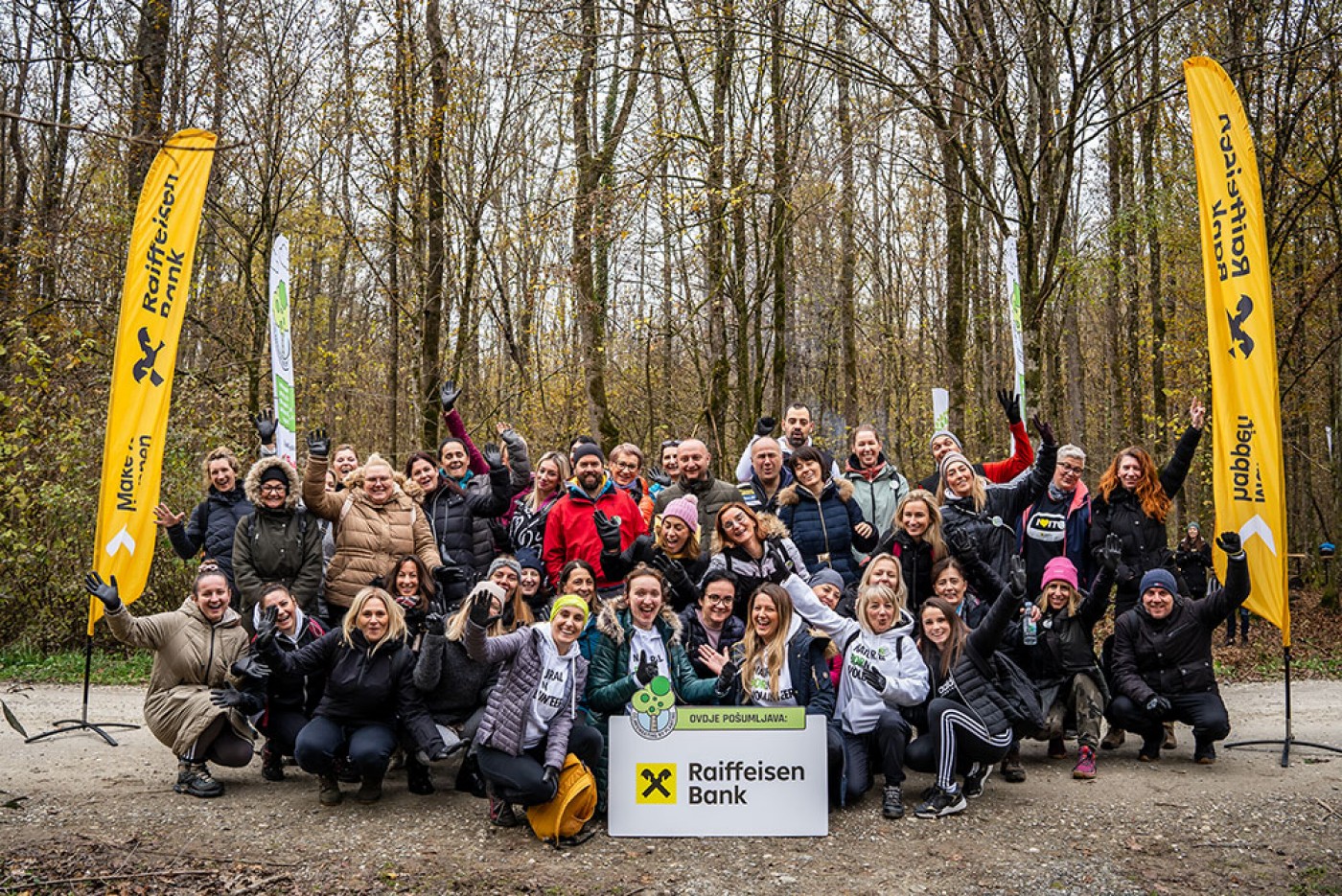
Social responsibility projects

Luka Mak scholarship
In memory of the good spirit of digital channels, Luka Mak, every year, RBA awards a scholarship for the entire undergraduate studyprogram of digital marketing, and so far, the scholarship has been awarded four times.
Luka was a remarkable person, and his character and spirit contributed to our mutual well-being and a pleasant working environment based on friendship and mutual help and encouragement. Therefore, through this project, we found a way to keep his spirit alive in our daily work and to help young professionals on their way to education and later in building their careers.

Christmas donations
In its donation strategy, RBA focuses on humanitarian projects related to children and young people with special needs, projects aimed at sports, education, culture, ecology and other initiatives that contribute to the betterment of communities and society. By donating, we demonstrate our responsibility for the advancement of the society in which we are active, or socially responsible corporate behaviour.
The Christmas donation project allowed our employees to be involved in the donation process, in which they suggested the associations that would be worth donating to and, through their votes, selected the associations to which the bank would direct its donation.
In 2023, a total of 60,000.00 euros was distributed and the associations that received the donation are: Vukovar Butterflies (16,000.00 EUR); Nova budućnost [New Future] (14,000.00 EUR); Udruga PUŽ – Put u život [PTL Association – Path to Life] (10,000.00 EUR); Croatian Guide Dog and Mobility Association (8,000.00 EUR); Udruga KAS [TROT Association] (6,000.00 EUR); Udruga za autizam Zagreb [The Autism Association Zagreb] (4,000.00 EUR) and Udruga Tata je tata [Dad is Dad Association] (2,000.00 EUR).

Financial Primer
Financial literacy is a combination of knowledge, skills, attitudes, and behaviors required to make the right financial decisions for achieving individual well-being. In simpler terms, it is the basic financial knowledge necessary to function in everyday life.
To make financial topics more accessible, we have presented them in a way that is easily understandable for everyone. In collaboration with Tisja Kljaković Braić, an artist known for her humorous illustrations on everyday life topics, we identified situations that everyone can relate to, which are linked to financial concepts we often encounter.
We believe that with this approach, learning about finances will become more enjoyable for everyone and that the knowledge gained will be better retained.
Sustainability reports

Sustainability statement 2024
We consider our annual sustainability reports to be a key tool for transparency and communication with stakeholders. With the publication of the Corporate Sustainability Reporting Directive (CSRD), the Sustainability Statement has become an integral part of the annual report.
Memberships
- HR PSOR
- UN Global compact
The Croatian Business Council for Sustainable Development (Hrvatski poslovni savjet za održivi razvoj (HR PSOR)) is an independent private sector association. It was founded by leading Croatian businesspeople to encourage sustainable development in the economy and to represent the economy in sustainable development.
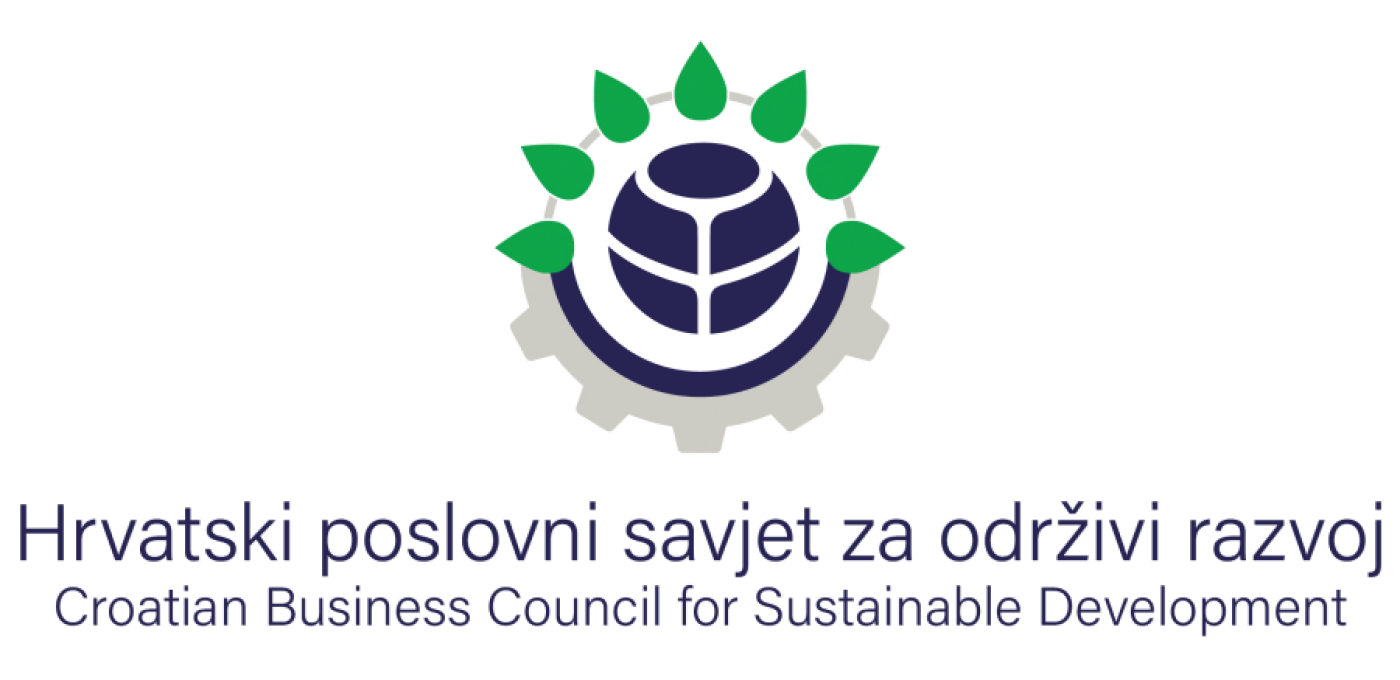
The Croatian Employers' Association is the holder of the UN initiative for sustainable development in Croatia, and, by managing the Global Compact network, Croatia encourages stronger involvement of the business sector in activities for progress towards the Sustainable Development Goals and in achieving corporate sustainability.
The UN Global Compact is the world's largest initiative for sustainable development and corporate sustainability, with over 14,000 members in 162 countries and 69 local world-wide networks. As a special initiative of the United Nations Secretary-General, the UN Global Compact is mandated to guide and support the business community around the world in advancing and meeting the Sustainable Development Goals and the 2030 Agenda.
Diversity policy
RBA Group actively promotes equal opportunities for all employees regardless of age, gender, nationality, sexual orientation and identity, disability, religion or belief. We are aware of our role as a large organization and of our responsibility to influence the lives of employees, customers, other stakeholders and the society as a whole. We take our social responsibility seriously by systematically addressing diversity and inclusion. An inclusive work culture also implies taking measures to combat discrimination, abuse and sexual harassment. This standpoint is also presented in our Code of Ethics and describes the general principles of ethical conduct to which all our employees must adhere.
We consider raising awareness of the importance of protecting human rights, inclusiveness and recognizing discriminatory practices extremely important in order to build a safe and supportive working environment. Therefore, all our employees have access to numerous trainings in the form of e-learning through an internal learning and development management platform (BeeSmart).
Our organization boasts experts of diverse social characteristics, age, education and expertise, worldview, etc. Looking at the age structure of our organization, the predominant age category is between 30 and 50. In terms of sex or gender structure, we are proud to be an organization that can say that its success is based on the expertise and dedication of a significantly higher number of women than men on our teams. We're also one of the few banks in the Croatian market to have a female CEO.
We pay special attention to our shareholders whom we assessed as potentially vulnerable groups, such as employees, pregnant women, parents with young children, people with disabilities.
Diversity charter
o Raiffeisenbank Austria d.d. is a signatory of the Charter on Diversity in Croatia. European Diversity Charters help public and private sector organizations across the European Union to design and implement effective diversity and inclusion policies.
By signing the Charter, we are committed to promoting diversity and inclusion in the workplace as well as to:
- Create a policy of diversity and non-discrimination, in order to develop an organizational culture based on mutual respect and appreciation of individual differences.
- Develop a diverse work environment by promoting the integration of employees of all profiles, irrespective of gender and sexual orientation, racial or ethnic origin, religion or belief, disability, age and other.
- Develop the skills and competencies of management, employees responsible for recruitment, training and career development, related to the policy of diversity and non-discrimination.
- Use the policy of diversity and non-discrimination in hiring management in order to enable a better understanding of management decisions and be more open to innovative ideas with the aim of strengthening the competitiveness and sustainability of the organization. Raise awareness and educate our employees about political diversity.
- Promote the application of diversity policies among customers and suppliers. o Create and regularly update an action plan for the promotion of diversity and non-discrimination policies, which will include measurable indicators and the development and implementation of which will involve employees.
- At least once a year, report on the implementation of the diversity and non-discrimination policy including the measures and internal procedures that we apply to achieve our objectives.
